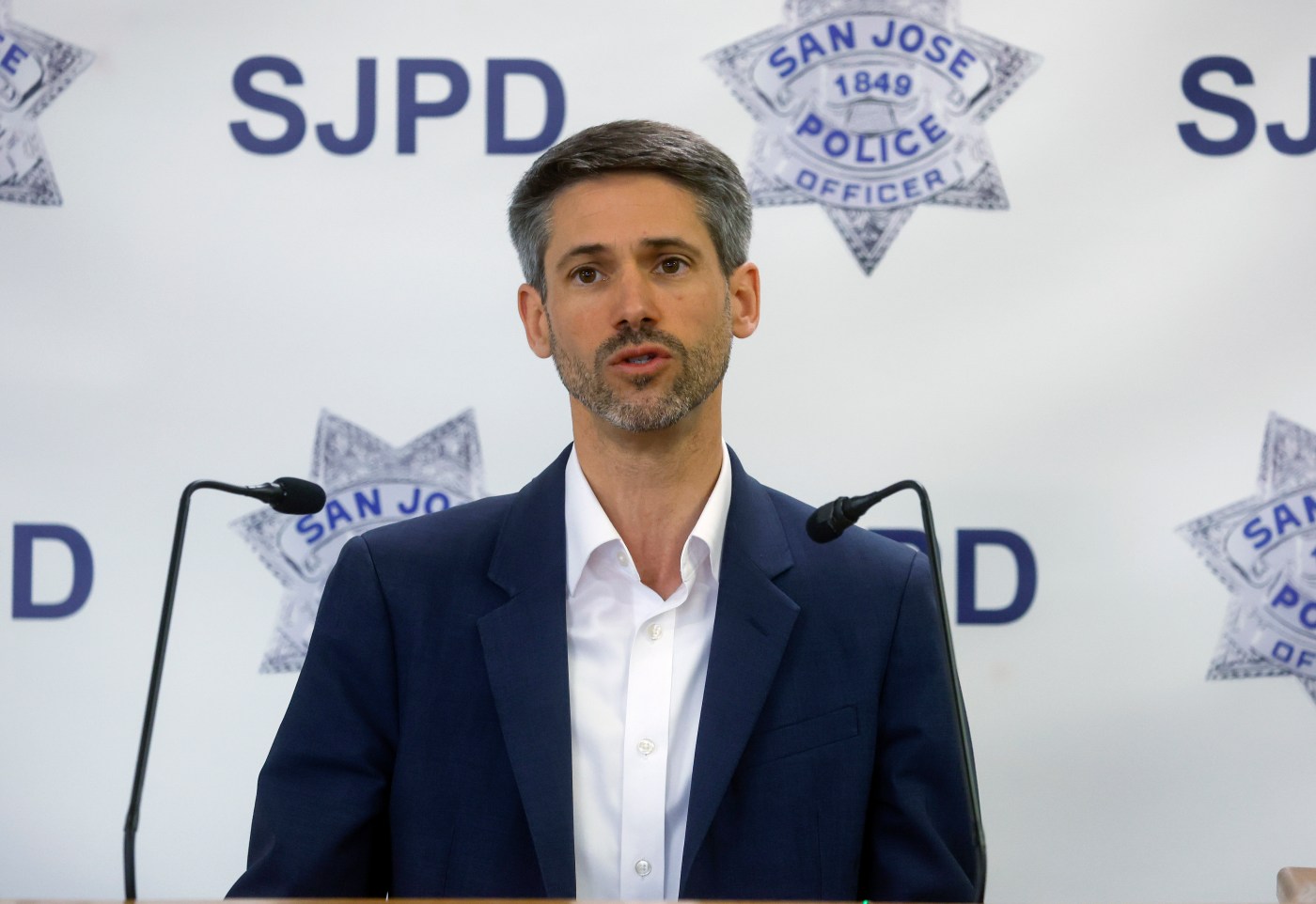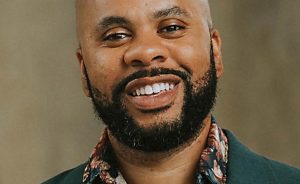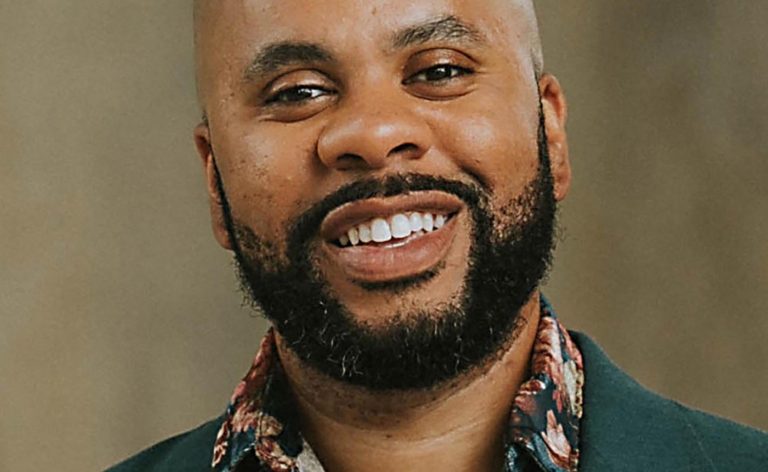San Jose has struck a deal with Santa Clara County to add another urgent support team to the city, following through on its commitment to provide non-police response alternatives to mental health emergencies.
The city will contribute $450,000 towards creating a new Trusted Response Urgent Support Team (TRUST) that includes a first aid responder, crisis intervention and peer support specialists, and a dedicated line for city staff to reach dispatchers and get help to people who need it quicker. This marks the first time San Jose has dedicated funds for these additional services.
“We all agree it’s important to invest in an alternative response, making sure that when someone is in crisis or there’s an emergency, that we are sending the right person (or) right resource out,” San Jose Mayor Matt Mahan said.
Although there’s currently some friction between city and Santa Clara County officials over a proposed jail diversion program taking over an interim housing site in South San Jose, Mahan said he’s been in talks with county officials about providing more behavioral health services and saw the need for collaboration between the governmental bodies to make meaningful change.
San Jose faced a reckoning on how it responds to mental health incidents after an investigation by the Bay Area News Group, KQED and the California Reporting Project found that people suffering from mental health issues were involved in nearly three-quarters of the San Jose Police Department’s use-of-force incidents, including 80% of killings, over a decade.
Responding to mental health emergencies also has put a strain on the police department when it’s currently facing low staffing levels.
“This program is a crucial milestone for our city, one that is long overdue, and will help foster a safe, more compassionate San Jose,” District 5 Councilmember Peter Ortiz said.
A city-commissioned analysis of 911 calls last year found that 58.5% of reports were flagged as mental health-related without the need for a police report. The same study also found that nearly one-quarter of calls related to homeless people resulted in citation or arrest.
“They’re fielding a lot of calls where people are not committing a crime, but there is an emergency,” Mahan said. “It is consuming a lot of resources, and our police department has indicated that it would like to see an alternative.”
TRUST teams represent an immediate short-term solution and have demonstrated results with a report from 2023 showing that they were able to stabilize people 72% of the time without needing further assistance.
“We want family members, friends, and community members to be met with appropriate responders for their needs,” Neighborhood Hands Executive Director Brian Powers wrote in an email to the City Council supporting the initiative. “Non-police crisis response is public safety. We look forward to further expansion of non-police crisis response in matters for which a different type of responder would be more effective, such as welfare checks and unhoused-related events.”
Related Articles
Beacon, the beloved therapy dog of USA Gymnastics, is recovering from an unknown illness
Meta’s home county backs call for warning labels on social media posts
Growing need. Glaring gaps. Why mental health care can be a struggle for autistic youth
Why does time seem to speed up as we age? Here are some theories
Editorial: Prop. 36’s smart response to crime, addiction, homelessness
While San Jose has reallocated money from its beautification and City Hall upgrade funds to pay for TRUST, Mahan said it must be operational by April and has pushed the city to collect more data on connecting residents to services and reported outcomes in the field to increase accountability.
“I experienced that walking around and seeing the police department citing and arresting the same people over and over again,” Mahan said. “I want to see a real intervention that breaks that cycle.”












